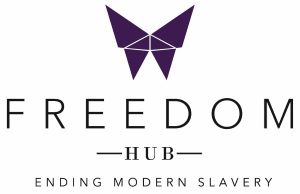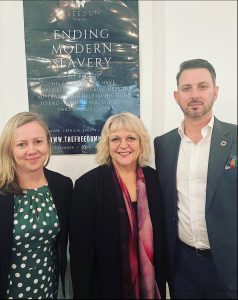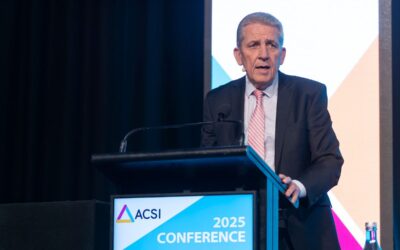On 10th November the NSW Anti-slavery Commissioner, Dr James Cockayne gave an address in the NSW Parliament House.
The title of the speech was Anti-slavery as Smart Public Policy.
About the Commissioner’s Address
In his address, the NSW Anti-slavery Commissioner outlined why anti-slavery makes smart public policy, how modern slavery is a system failure, and why fighting it requires a system-wide effort.
He explains 10 ways in which slavery leaves us all worse off. These are well-explained and well-researched. Citations are also made for each point. Here is a summary.
Slavery …..
- reduces productivity
- breeds poverty
- institutionalises inequality
- weakens multipliers
- discourages innovation and makes industry vulnerable to competition
- distorts capital markets
- hits the public purse
- weakens governance
- breeds corruption
- harms the environment
We think this is a ‘must-read’ speech for everyone because as he rightly points out, anti-slavery is for everyone to take action on. Understanding in depth each one of these 10 points, will certainly motivate us all to join the Commissioner in changing the system. The link to read this speech is at the end of this article.
About The Freedom Hub’s Anti-Slavery Work
At The Freedom Hub, we have been working in the field of anti-slavery for 14 years. Four ways we are working in the anti-slavery space are:
- At the center of everything we do is the empowerment of survivors to live successful, independent lives. In addition, we aim to give them a voice in system changes. Our Survivor School empowers victim/survivors to recover. Also, our Employment Pathways Program helps them establish long-term employment with our employment pathways. Plus, our Survivor Advisory Board helps give them a voice for system and policy changes, without having to be public.
- We have also been working with the private sector to help them create system changes in their response to modern slavery. Helping organisations create anti-slavery policies and procedures in their operations and supply chains, assessing risk and planning remediation is crucial to ending and preventing this crime.
- Training first responders and organisations in understanding trauma and the identification of victims has been an ongoing and essential part of our own anti-slavery action to help prevent this crime.
- Raising public awareness to motivate action and conscious consumers is another big part we play in the anti-slavery movement. We do this through our ethical social enterprises. Our venue sees hundreds of people a week come through the doors. Each visitor learning that slavery happens in Australia. Our coffee, food, catering services and retail gift range are all thoughtfully sourced so conscious consumers can make ethical choices and 100% of the profits support survivors in our Survivor School.
We are privately funded and depend on organisations, private philanthropy and our social enterprises to fund the work we do.
As the Commissioner points out in his speech:
“Investing in anti-slavery may not only reduce slavery but increase productivity, reduce poverty, reduce inequality, improve governance, improve the fiscal position, protect capital markets, reduce corruption and even help the environment.”
We welcome a conversation with you on how we can partner together to end this crime, or if you want to donate to our work here is a link.
Read the NSW Anti-Slavery Commissioner Speech here.





